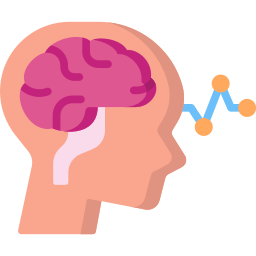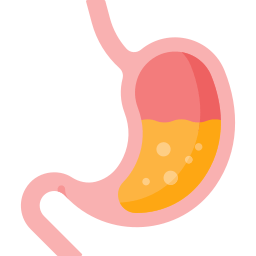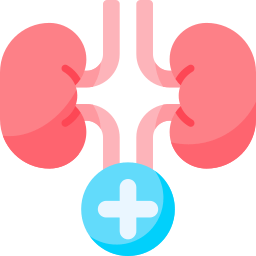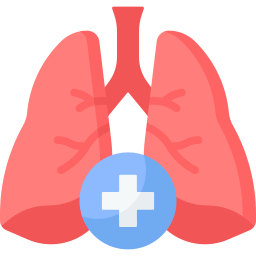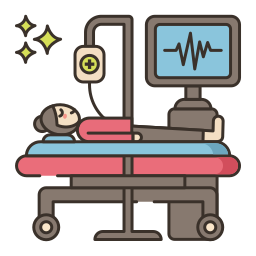Charnock Hospital: Your Trusted Cardiac Hospital in Kolkata
Trust Us, Your Heart is in Expert Hands
Why Are We Kolkata’s Best Heart Hospital?
At Charnock Hospital, our Cardiology Department offers comprehensive care, combining expert consultation, advanced diagnostics, and innovative treatments. Our services cover a wide range of heart conditions, from routine check-ups to specialized interventions.
Treatments
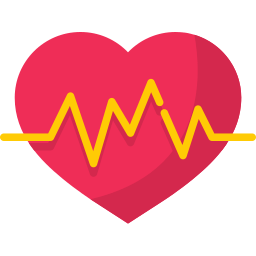
Cardiac Medicine & Non-Interventional Cardiology
Comprehensive heart care through expert consultations and advanced diagnostic tests, including ECG, Holter monitoring, and stress tests.

Interventional Cardiology
Minimally invasive procedures like angioplasty and stent placement to treat complex heart conditions and improve cardiac function.

Cardio Thoracic & Vascular Surgery
Advanced surgical treatments including MICS and endoscopic procedures for complex cardiac and vascular issues.
Why Choose Our Cardiology Hospital in West Bengal?
At Charnock Hospital, our Cardiology Department offers comprehensive care, combining expert consultation, advanced diagnostics, and innovative treatments. Our services cover a wide range of heart conditions, from routine check-ups to specialized interventions:
Holistic Cardiac Care
From preventive care to complex diagnostics and interventions, we provide a complete range of heart services.
Expert Cardiologists
Our team of top cardiologists, trained at leading global institutes, delivers exceptional care and precise diagnoses.
State-of-the-Art Technology
We utilize the latest diagnostic and treatment technologies to ensure accurate assessments and effective management of various heart conditions.
Meet the Heart Specialists at our Kolkata Medical Hospital
Testimonials
FAQ
What is considered high blood pressure?
High blood pressure (hypertension) is typically defined as a systolic pressure of 140 mm Hg or higher and a diastolic pressure of 90 mm Hg or higher. Regular monitoring along with lifestyle changes, can help manage blood pressure levels.
How can I recognize the symptoms of a heart attack?
Symptoms of a heart attack include chest pain or discomfort, shortness of breath, sweating, nausea, and pain or discomfort in the arms, back, neck, jaw, or stomach. Recognizing these symptoms and taking timely action is essential to avoid serious complications.
What are the common symptoms of a heart attack?
Common symptoms of a heart attack include chest pain or discomfort, shortness of breath, sweating, nausea, and pain in the arms, back, neck, jaw, or stomach. If you or a loved one experience any of these symptoms, seek immediate assistance from a nearby hospital.
Risk factors for heart conditions.
Risk factors for heart conditions include high cholesterol, smoking, high blood pressure, diabetes, obesity, physical inactivity, age, and family history. At our hospital in Kolkata, we provide specialized cardiac care by assessing each patient’s risk profile and offering tailored prevention and management strategies to ensure better heart health.
What diagnostic tests are used to detect a heart attack?
Diagnostic tests for a heart attack may include blood tests (such as troponin levels), electrocardiogram (ECG), echocardiograms, and coronary angiography to visualize blockages in the arteries. Our best heart hospital in Kolkata is equipped with state-of-the-art diagnostic tools and services to ensure accurate assessment and timely treatment.
How prevalent is heart disease among women?
Heart disease is the leading health concern for women in many places, including Kolkata, affecting women of all ages. Our cardiology hospital in Kolkata offers specialized care to address these issues.













